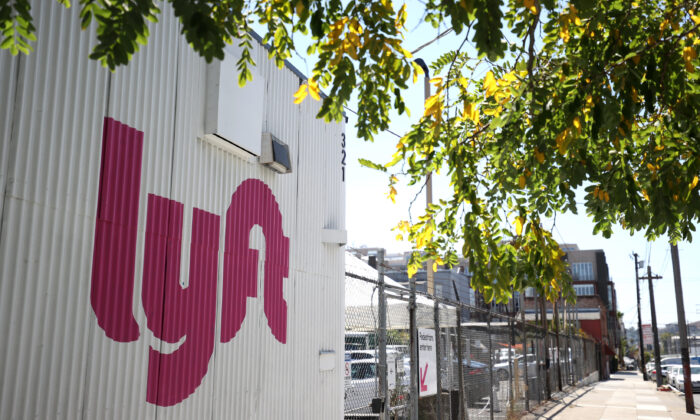The company, Lyft, has agreed to a settlement with the U.S. Federal Trade Commission (FTC) after facing allegations of deceptive earnings claims made to drivers. As part of the settlement, Lyft will pay $2.1 million in penalties and is now prohibited from promoting earnings claims to drivers unless they are supported by substantial evidence. The FTC’s complaint stated that Lyft had misled drivers by exaggerating potential earnings without disclosing that the figures were based on the top one-fifth of drivers, leading to inflated expectations. Additionally, Lyft’s earning guarantees were found to be misleading as they did not clarify that drivers would only receive the difference between the guaranteed amount and their actual earnings. The settlement also requires Lyft to disclose to drivers the terms of their earning guarantees and prohibits the inclusion of tips in claims regarding hourly earnings. This settlement aims to ensure transparency and prevent deceptive practices in Lyft’s advertising regarding driver earnings. In accordance with the standard definition of the term ‘up to,’ Ferguson explained that informing a consumer they could potentially earn up to 20 percent of what others earn implies that some individuals earned even more than that amount.
This is not the first instance where Lyft has faced regulatory issues regarding drivers’ earnings. In June, Lyft, along with Uber, reached a settlement with Massachusetts, agreeing to guarantee drivers in the state a minimum wage of $32.50 per hour. Both companies were accused of breaching the state’s wage regulations.
Source link






